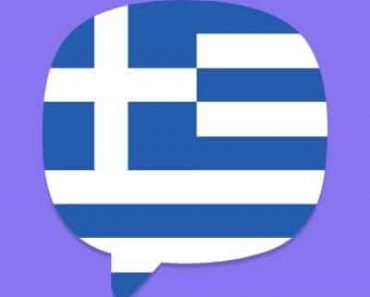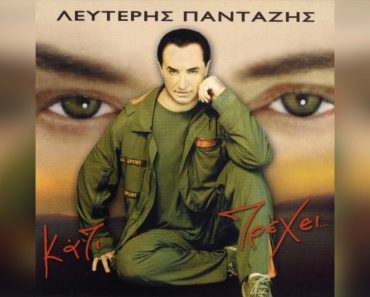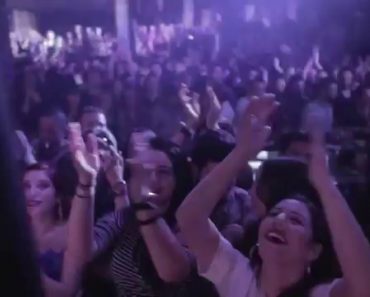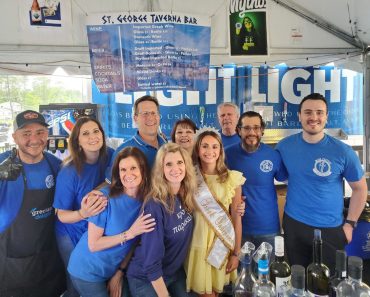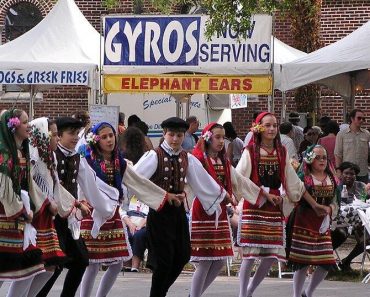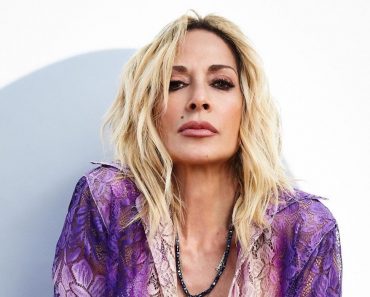At 22, Klavdia Papadopoulo is set to represent Greece at Eurovision 2025 with her evocative ballad “Asteromáta.” From her standout performances on The Voice of Greece to her rapid rise in the Greek music scene, Klavdia’s journey is one of talent, resilience, and cultural depth.
Greece’s Historic National Final
After a 22-year hiatus, Greece returned to an open national final, the Ethnikós Telikós, to select its Eurovision entry. The competition drew 187 submissions, with 12 finalists battling it out. Klavdia emerged victorious, her song “Asteromáta” earning 50% jury (national and international) and 50% public televote approval, marking a triumphant moment for Greek music.
From Talent Shows to the Spotlight
Born in 2002 in Aspropyrgos near Athens, Klavdia’s Pontic Greek heritage shapes her music, including her Eurovision entry. Her musical journey began early: at 15, she auditioned for Greece’s Got Talent, and though she didn’t advance, the judges urged her to persevere. A year later, at 16, she joined The Voice of Greece, captivating all four coaches with her rendition of “Roxanne” by The Police. Mentored by Eurovision icon Helena Paparizou, Klavdia reached the finals, placing 4th.
Signing with Panik Records, Klavdia released her debut single “Lonely Heart” in 2022, amassing over 2 million streams. Her 2023 hit “Haratama” soared to 11 million YouTube views and 7 million Spotify streams, earning double platinum status. Collaborations with artists like Dionysis Savvopoulos and performances at the MAD Video Music Awards solidified her rising fame. Despite a withdrawn Eurovision bid in 2023 due to selection controversies, her song “Holy Water” and debut EP Klavdia won critical acclaim. She capped the year with a Best New Artist award at Cyprus’s Super Music Awards.
“Asteromáta” lyrics — Klavdia (Greece Eurovision 2025)
Music: Klavdia, Arcade
Lyrics: Arcade
| Greek textAsteri mou Asteri mou Glykia mou mana mi mou klais Ta chelidonia tis fotias Asteromata mou mikri Asteromata mou mikri Ah Asteri mou Glykia mou mana mi mou klais Asteromata mou mikri Ah Asteri mou Asteri mou… |
English translationMy star My star My sweet mother, do not weep The swallows born of fire’s embrace Oh, my little starry-eyed one Oh, my little starry-eyed one Ah, my star, My sweet mother, do not weep Oh, my little starry-eyed one Ah, my star My star… |
“Asteromáta”: A Song of Resilience
Co-written with ARCADE for Panik Records, “Asteromáta” is a poignant Greek-language ballad inspired by the Pontic Greek genocide and themes of displacement and survival. Klavdia describes it as a tribute to those forced from their homes, with a universal message: “In war, no one truly wins.” Its poetic lyrics and haunting melody aim to resonate across Europe.
With “Asteromáta,” Klavdia blends her cultural roots and modern artistry, ready to shine on the Eurovision stage.


